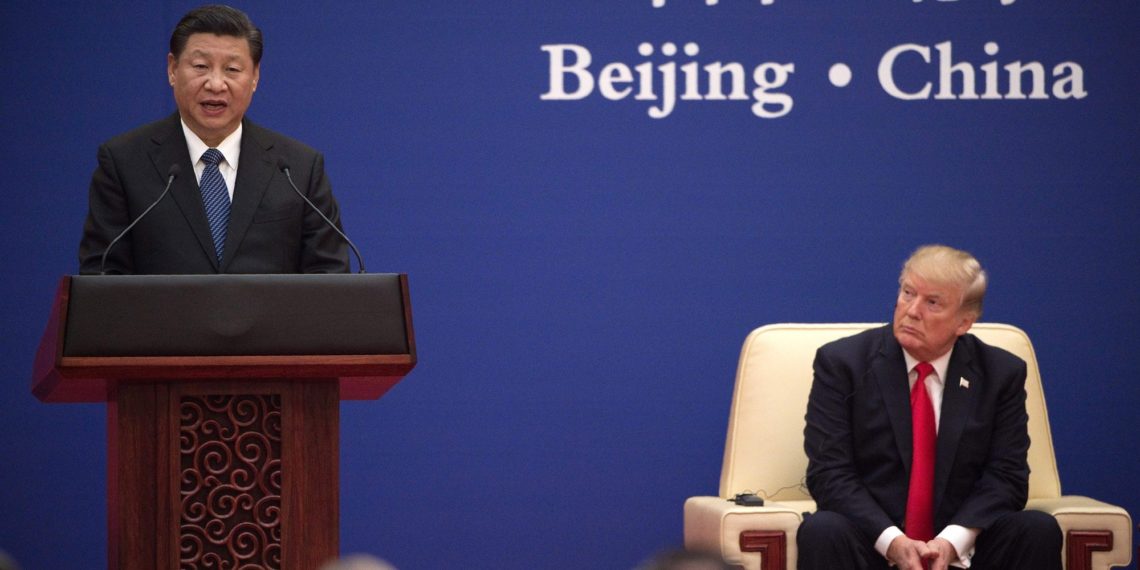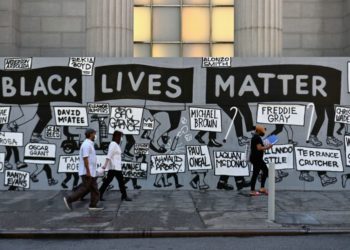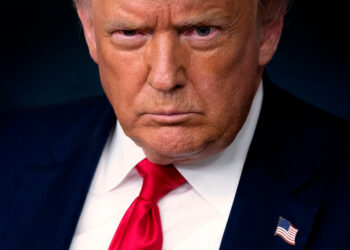While most of the world is still on lockdown, life in Beijing is seemingly getting back to normal.
Seniors tango around in the park squares, factory workers scooter the streets, and Beijing’s Sanlitun bar street – known for both its flow of foreigners and copious amount of Baijiu liquor – lights up again at night.
China has apparently persevered and triumphed over the little bug. So confident is President Xi Jinping that he will march ahead with the Chinese Communist Party’s (CCP) annual congress on May 22. After being delayed twice, lawmakers will finally come together in the Great Hall of the People to rubber-stamp new laws and discuss the world after corona.
Former British Foreign Secretary William Hague believes China will continue down this road after the crisis by feeding a world starving for growth and opportunity.
Except it takes two to tango.
Let’s Tango Western Style
The West does no longer feel that dancing with China is good exercise. President Donald Trump has recently announced another round of tariffs, and echoes of the same spirit resonate all over Europe. In light of how China treated Africans during the crisis, even African countries have started re-evaluating their relationship with China.
As I have said for a long time, dealing with China is a very expensive thing to do. We just made a great Trade Deal, the ink was barely dry, and the World was hit by the Plague from China. 100 Trade Deals wouldn’t make up the difference – and all those innocent lives lost!
— Donald J. Trump (@realDonaldTrump) May 13, 2020
The CCP should not take these changes in attitude lightly. Chinese people give up some of their freedoms and accept the CCP’s lambaste in return for prosperity. That is the deal. The whole dynamic would change if the CCP failed to deliver on the economic front.
The regime’s entire political legitimacy would be shattered, and, as much as the CCP hates to admit it, China’s economy is still frustratingly export-depended. The decades spent trying to spur home demand to absorb some of the excess capacity and escape the middle-income trap still have not materialized.
The Chinese Factory
Although the Belt and Road Initiative, China’s signature foreign policy program, effectively channels some of the excess industrial capacity out of China, entire ghost towns are continuously raised off the ground just to keep construction, steel, and cement industries churning.
Have you ever wondered who is supposed to live in those ghost towns?
Officials often evict rural people from their own land and force them to settle there in hopes that it will magically alleviate poverty and spur demand. Surprise, surprise, they still have no means of income beyond state handouts. Most of them eventually decide to move to opportunity.
Big-city factories swiftly open their doors to cheap labor. These factory workers can essentially be considered foreigners in their own country. Through the hukou, a system that regulates what benefits Chinese citizens receive, workers are denied urban benefits that come with migration.
Once eroded of healthcare, child and pension benefits, they are nothing more than a cheap source of labor designed to leave via the backdoor once the export-driven era is over. This day has arrived sooner than expected.
Diminishing returns and rising wages have pushed for the relentless robotization of the economy. “If workers are displaced by robots but have no land to return to, China might soon see the rise of urban ghettos and mounting social problems,” warned sociologist
The journey of the factory workers has come to a miserable end, and so have the CCP’s hopes to create demand at home.
Globalization Without China?
The aftermath of the pandemic will demand from the CCP unquestionable political legitimacy, namely economic growth.
China cannot afford to split with both Europe and the U.S., China’s biggest trader by far. Why take the chance? Chinese lawmakers, taking a break from their duties in Sanlitun’s bar street next week, will hopefully decide to pacify the West.
Xi Jinping’s nationalist and aggressive tone, double-edged corona diplomacy, and continuous propaganda do not help. The CCP should instead be more transparent, responsive, and accountable.

Having said this, lawmakers will probably only recognize how much Westerners depend on drinking Baijiu. The West certainly has a lot to lose, given that China has been the largest contributor to global growth since the 2008 financial crisis.
However, China should not take the indifferent hunger for growth after the pandemic for granted. COVID-19 has made a breakup more rather than less likely.
President Trump is clearly no longer the new kid on the block. Last year, French President Emmanuel Macron hailed the “end of European naïveté” towards China, and many Westerners would agree. They see China as the cause of their suffering and a future problem that needs to be dealt with at all costs.
The West still wants globalization in some form or another, but perhaps with China playing less of a role.
That would mean the political end for Communist China – with devastating consequences considering the CCP’s willingness to crack down brutally on dissent – and the political beginning of globalization with a conscience for the West.
Beijing is calm just now; the calm before the storm.
Disclaimer: The views and opinions expressed here are those of the author and do not necessarily reflect the editorial position of The Globe Post.






















